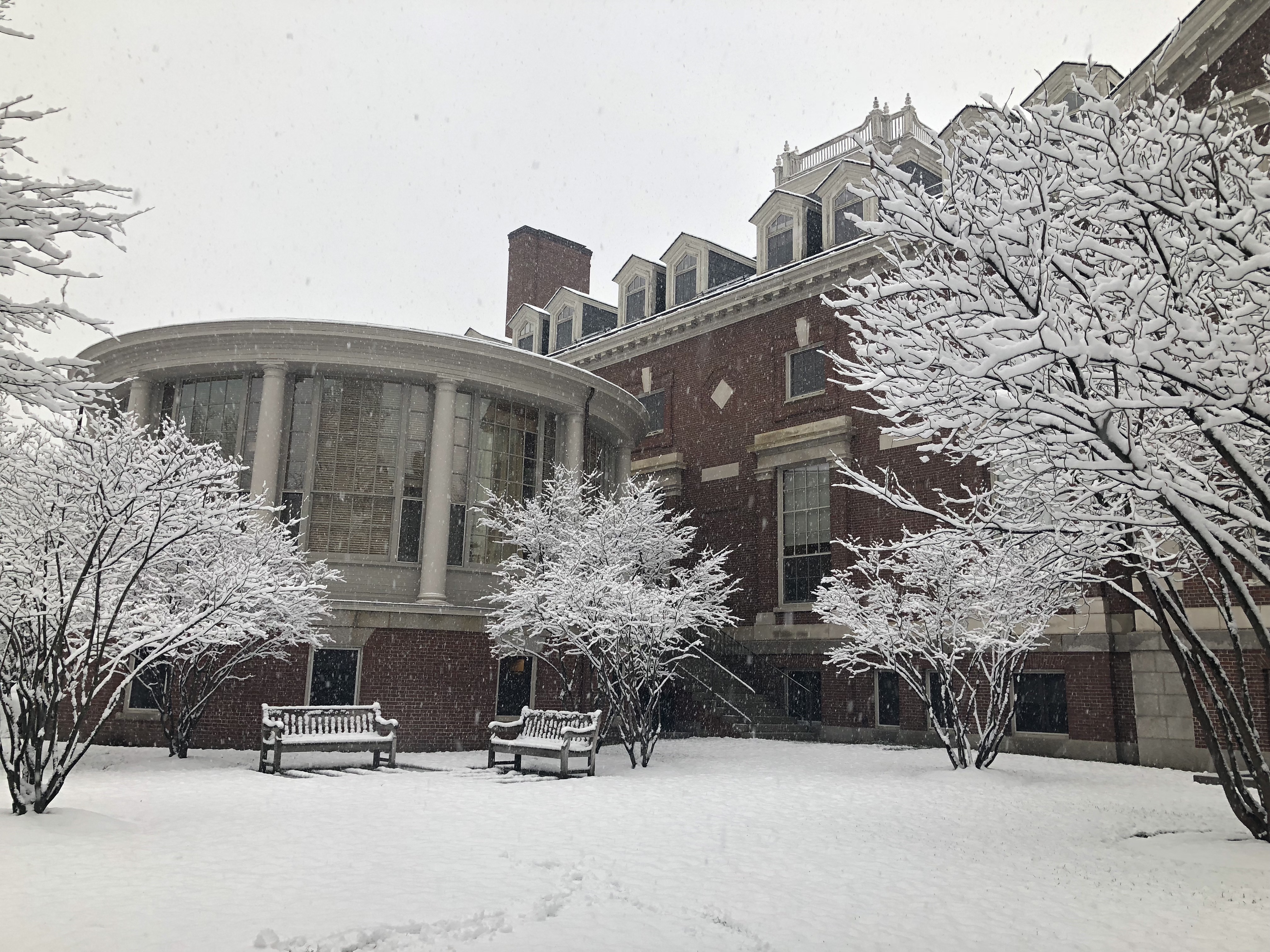Between concentration requirements, grades, extracurricular activities, and the general malaise that comes from being a college student during the plague years, it can be easy to develop academic tunnel vision. Even at the best of times, it can be difficult to get involved with anything that falls outside the gravitational pull of your primary field of study. With the deadline for sophomores to declare their concentration coming up on November 19, and many students creating or revising their plan of study, this is a great time to take a look at some of the smaller departments that can be easy to miss.
Do you love epic mythological cycles full of eccentric heroes and strange beings? Do you enjoy examining the ancient origins of narratives and motifs that loom large in the western literature to this day? Are you interested in learning a language spoken almost exclusively in certain regions of the British Isles? If you answered yes to any of these questions or just to try something new for your humanities requirements, the Department of Celtic Languages and Literatures is definitely worth exploring. This small but active department usually offers a number of courses each semester. Previous courses have ranged from exploring the role of food in Celtic oral traditions to examining the historical and mythological origins of King Arthur and Camelot.
There is currently no Celtic concentration track, so the department is largely a graduate program, but it has increasingly attracted a growing number of interested undergraduates. As a result, this department has an active community filled with students with a passion for the material and languages, and graduate students currently engaged in research and more than willing to share with anyone interested delving deeper into the field. As such, this is a great place to fill out your distributional requirements or even get a secondary in a fascinating field.
For the first-years looking to get a head start on their graduation requirements or the senior looking to cram in that last humanities general education requirement before graduation, this department offers a number of excellent options. Tradition, Performance, and Culture (GENED 1097), offered in Spring 2021 and taught by Professor Joseph Nagy, is an engaging introduction to the various forms of folklore and the tools used in its study. This is a great course for anyone interested in dipping a toe into Celtic Studies and the closely affiliated field of folklore and mythology. There are also a bevy of options for anyone looking to take an unconventional route with their language requirement, from modern Celtic languages like Irish, Gaelic, and Breton to archaic tongues like Medieval Welsh.
Before filling out your plan of study and plotting out courses for the next three and a half years, take a moment to look at the Department of Celtic Languages and Literatures. There lie a robust community and engrossing courses that can fit comfortably into your schedule no matter your concentration.
Chidambaram Thillairajah ’21 (cthillairajah@college.harvard.edu) writes News for the Indy.

